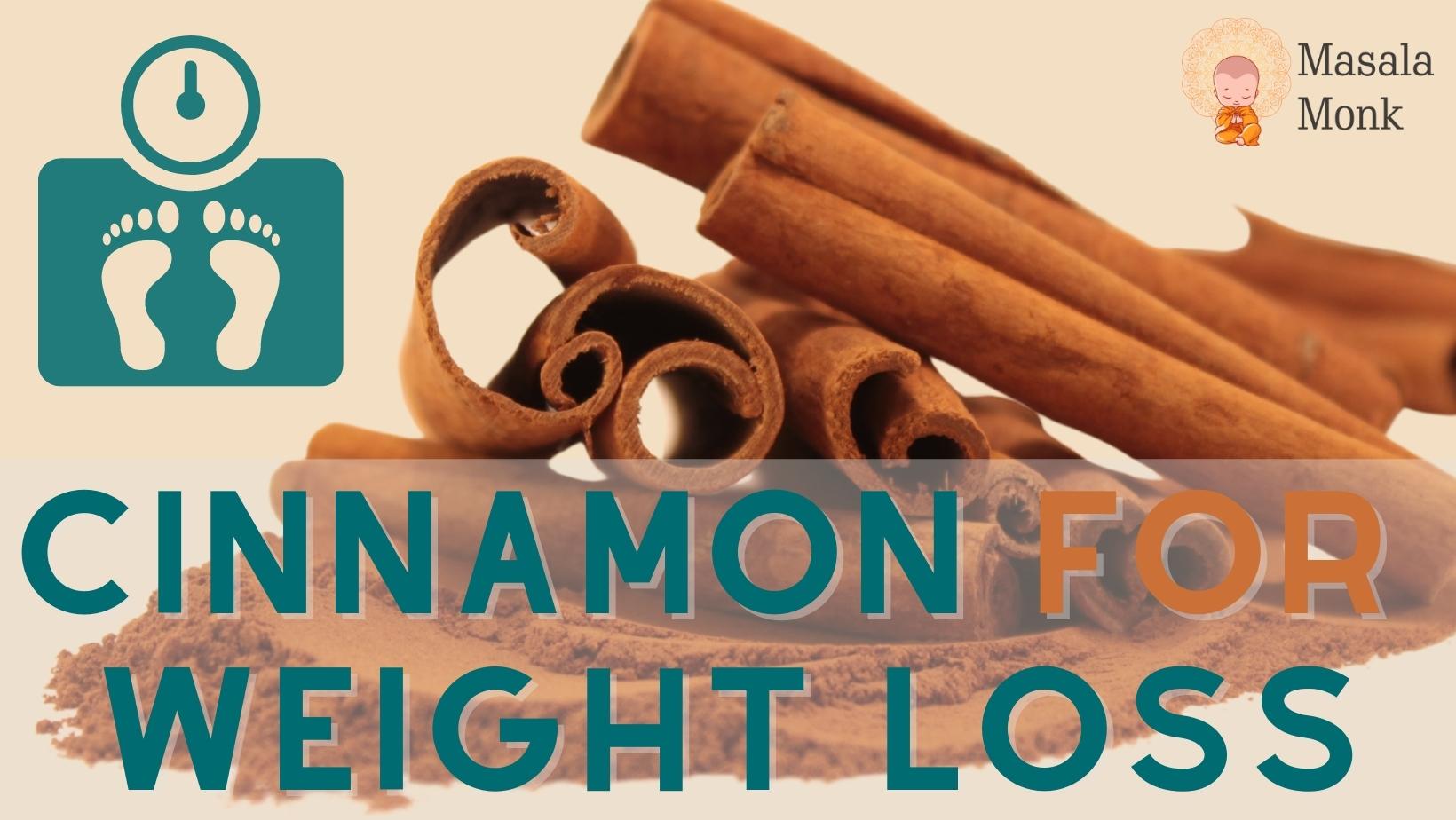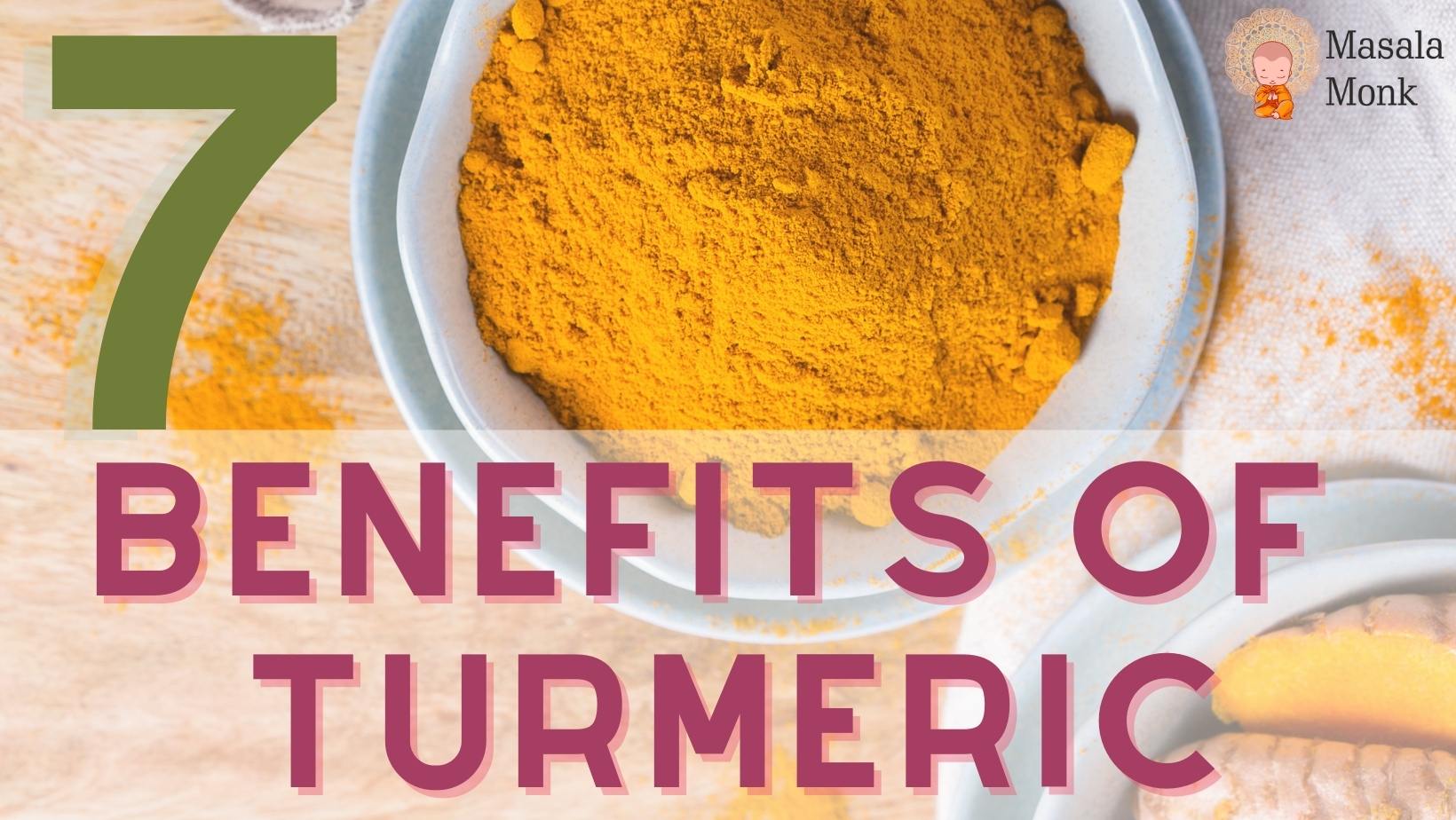
Introduction:
Often relegated to the sidelines as just another seasoning, black pepper holds a secret power that goes unnoticed in our daily culinary routines. Imagine a world where this humble spice is not just an afterthought but a key player in enhancing wellness, particularly for women. Black pepper, with its sharp and distinctive flavor, is more than just a table condiment – it’s a metabolic booster in disguise.
This post is dedicated to uncovering the hidden potential of black pepper, a spice that’s been in our kitchens for ages but perhaps not in our wellness radar. Let’s delve into how this common spice can become an uncommon ally in a woman’s quest for health and vitality.
Section 1: The Mighty Black Pepper
The story of black pepper begins in the lush rainforests of Southern India, where it has been grown for thousands of years. Known as the ‘King of Spices’, it was once so valuable that it was used as currency. The ancient Ayurvedic texts lauded its health benefits, and it was a coveted commodity on the spice routes.
But black pepper is more than its historical richness. It contains piperine, the compound that gives it its pungency, and also its power to stimulate metabolism. As we rediscover black pepper through the lens of health and wellness, its role in our kitchens takes on a new significance.
Section 2: Black Pepper and Women’s Metabolism
For women, maintaining a healthy metabolism is often a balancing act, influenced by factors like diet, lifestyle, and hormonal changes. Black pepper emerges as a natural booster in this aspect. Piperine in black pepper enhances metabolic performance and encourages the body to break down fat cells.
Scientific studies have shed light on how piperine aids in the absorption of nutrients and increases thermogenesis – the process by which the body burns calories to produce heat. This property makes black pepper an invaluable spice for women looking to manage their weight and boost their metabolism naturally.
Section 3: Health Benefits Beyond Metabolism
Black pepper’s benefits extend far beyond just boosting metabolism. Its potent properties make it a versatile ally in various aspects of health, especially for women:
- Digestive Health: Black pepper stimulates the digestive juices and enzymes, enhancing the digestive process without irritating the gut.
- Nutrient Absorption: It increases the bioavailability of essential nutrients like vitamins A and C, selenium, and beta-carotene, ensuring that women get the most out of the foods they eat.
- Antioxidant Properties: Rich in antioxidants, black pepper combats free radical damage, which is crucial for maintaining youthful skin and overall cellular health.
- Immune System and Hormonal Balance: The spice’s anti-inflammatory and antibacterial properties support the immune system. Additionally, its positive impact on the endocrine system aids in hormonal balance.
Section 4: Incorporating Black Pepper into Everyday Diet
Incorporating black pepper into your daily diet is easier than you might think, and it can significantly impact your health:
- Morning Routine: Start your day with a pinch of black pepper in your morning lemon water or smoothie to kickstart your metabolism.
- Seasoning: Use freshly ground black pepper to season salads, soups, and main dishes. Its flavor enhances virtually any meal.
- Healthy Snacking: Sprinkle black pepper on fruits like pineapple or mango for a spicy twist.
- In Beverages: Add a dash of black pepper to your tea or turmeric milk to enhance absorption and add a warming effect.
Conclusion:
Black pepper, a spice that’s often taken for granted, is indeed a powerhouse of health benefits, particularly for women. Understanding and utilizing its metabolic-boosting and health-enhancing properties can make a significant difference in your wellness journey. As we reconsider the role of this powerful spice, it becomes clear that black pepper is not just a seasoning but a key to unlocking a healthier, more vibrant life.
Call to Action:
We’d love to hear how you use black pepper in your wellness routine. Share your favorite recipes or tips in the comments below, and let’s continue to discover the amazing benefits of everyday spices together!
- What makes black pepper a metabolism booster for women? Black pepper contains piperine, a compound that enhances metabolic performance and stimulates the breakdown of fat cells, making it particularly beneficial for women’s metabolism.
- Can black pepper aid in weight loss? Yes, by boosting metabolism and improving digestion, black pepper can be a useful addition to a weight loss diet. However, it should be combined with a healthy diet and regular exercise for best results.
- How does black pepper benefit women’s hormonal health? Black pepper can positively impact hormonal balance due to its anti-inflammatory properties, which are beneficial in managing symptoms associated with hormonal fluctuations.
- Are there any particular ways to include black pepper in a diet? Black pepper is versatile and can be added to various dishes. It can be sprinkled on salads, used in marinades, or even added to drinks like smoothies for an extra kick.
- What are the other health benefits of black pepper? Beyond boosting metabolism, black pepper is known for its antioxidant properties, aiding digestion, enhancing nutrient absorption, and supporting the immune system.
- Is there a recommended daily amount of black pepper for health benefits? While there’s no specific recommended daily amount, using black pepper moderately in your regular meals is generally sufficient to reap its benefits.
- Can black pepper be harmful in any way? When consumed in culinary amounts, black pepper is generally safe. However, excessive consumption may lead to digestive discomfort for some individuals.
- How does black pepper enhance the absorption of nutrients? Piperine in black pepper enhances the bioavailability of various nutrients, such as vitamins A and C, selenium, and beta-carotene, aiding in more effective absorption by the body.
- Can black pepper improve skin health? Yes, the antioxidant properties of black pepper may contribute to better skin health by combating free radical damage.
- Is black pepper suitable for all dietary needs? Black pepper is widely suitable for various dietary preferences, including vegan and gluten-free diets. However, individuals with specific allergies or digestive issues should consult a healthcare professional.
Blog Tags: Black Pepper, Women’s Metabolism, Weight Loss, Hormonal Health, Nutritional Absorption, Healthy Cooking, Natural Remedies, Wellness, Antioxidants, Dietary Tips













